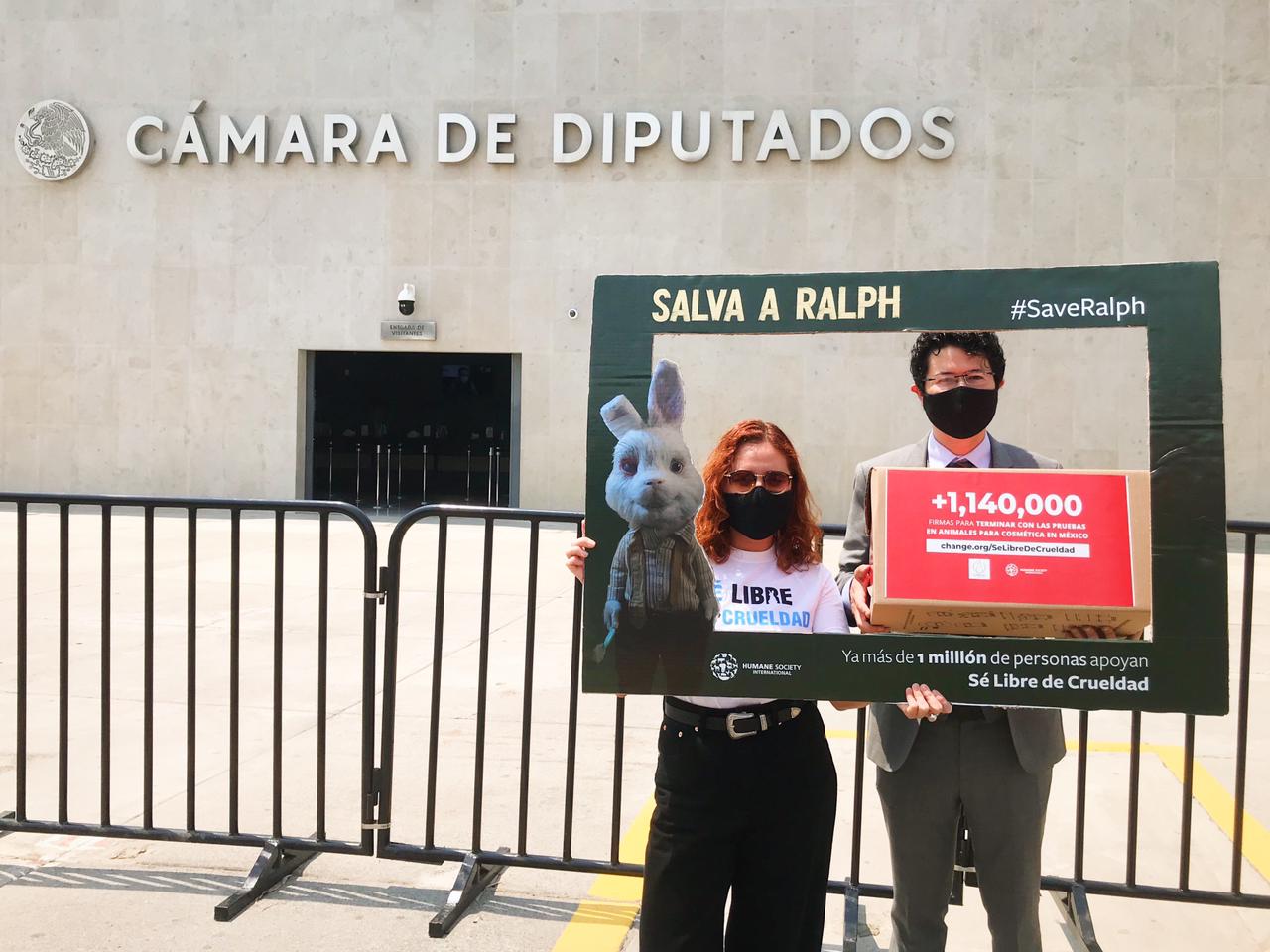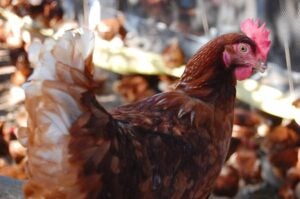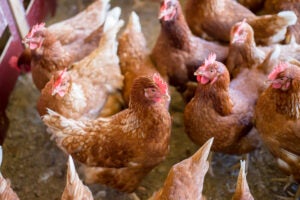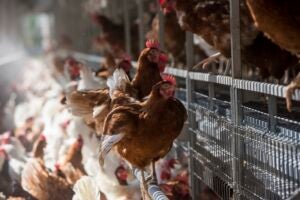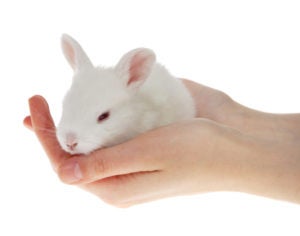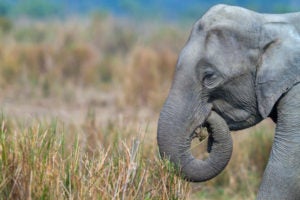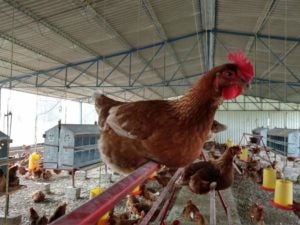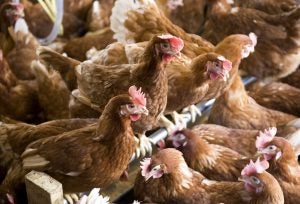
MEXICO CITY—Humane Society International has welcomed a move by Mexico’s Chamber of Deputies to outlaw animal testing for cosmetics, as well as the import or sale of beauty products developed with reliance on new animal testing carried out anywhere in the world after the law comes into force. The bill has now passed both legislative chambers, reaching the 90% mark in the process to becoming law. Public interest to end cosmetic animal testing in Mexico sparked 1.2 million signatures in support of a ban, within weeks of the #SaveRalph launch.
Antón Aguilar, executive director of Humane Society International/Mexico, said: “We commend Congresswoman Miroslava Sánchez, Chairwoman of the Health Committee, and all congressmen and women, for voting to ban cosmetic animal testing in Mexico. This demonstrates Mexico’s leadership in North America, which could see our country become the first cruelty-free beauty market in the continent.”
The bill passed Mexico’s Senate last March in a single day and had since been waiting for approval in the Chamber of Deputies. HSI’s #SaveRalph film prompted renewed political movement in the Health Committee of the Chamber of Deputies, which passed the bill yesterday. Following minor amendments, the bill will be sent back to the Senate for final endorsement, which is expected to happen during the fall session.
Mexican consumers are increasingly concerned about animal welfare and disturbed by such practices, and many of them prefer products that do not involve animal suffering. A 2019 Parametría poll[1] shows that 78% of citizens place importance on making sure their cosmetics are cruelty-free when purchasing a product.
Media contact: Magaly Garibay: mgaribay@idee.agency; 553-876-2199
[1] Poll conducted by Parametría polling agency, between October 26 and November 2, 2019, using a national random sample of 880 cases, with a margin of error of (+/-) 3.3%.

